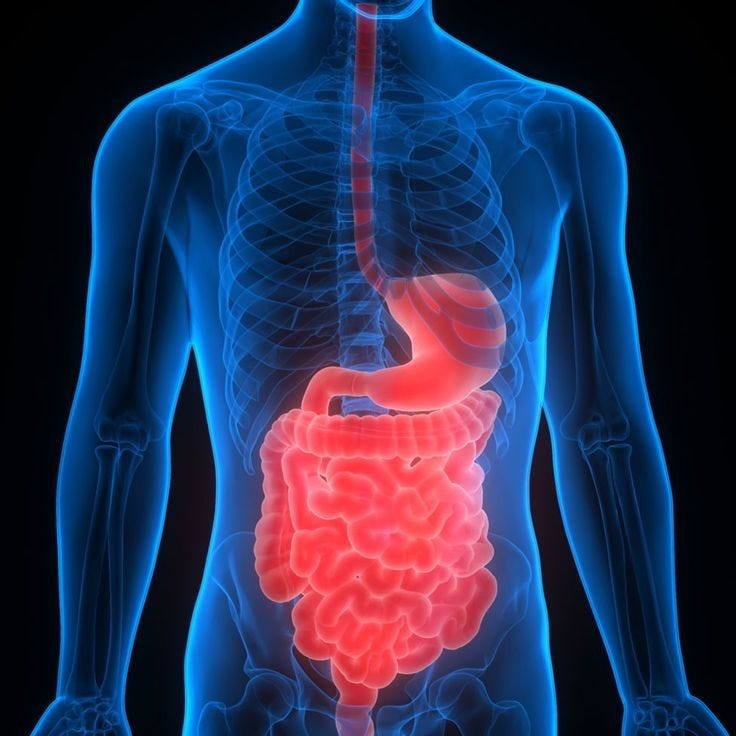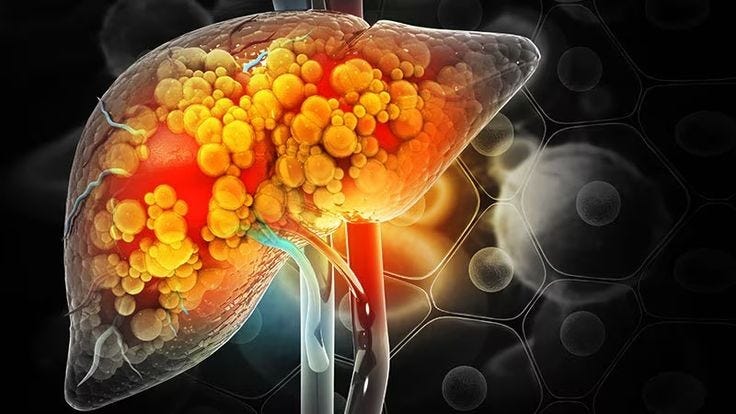Have you ever been intoxicated before? Felt drowsy? Couldn't walk properly? Showed signs of someone who's drunk but you didn't take any alcohol at all? Wondering what's brewing inside of your body?Maybe you've had a weird conversation with your dad and it was something like:
Dad: Have you been drinking lately?
Paul: No dad, I don't drink
Dad: Well, yesterday you walked to your room staggering, your words were slurry and you woke up on the floor this morning. Are you lying to me?
Paul: No dad, I'm not lying, I'm actually surprised this happened. I don't take alcohol and I actually thought I slept on the bed yesterday. Omg!
Dad: Put on your clothes. We're going to see the Doctor.
OVERVIEW
Alcohol as one of the oldest known beverage has an important role in the everyday life of a large percentage of the world's population. Asim Tameez et al (2020) highlighted the importance of investigating the social and medicolegal implications of alcohol consumption and the idea behind its endogenous production.
Endogenous production of alcohol typically presents with the signs Paul's Dad saw the night Paul came back home.
Auto Brewery syndrome (ABS) also known as Gut fermentation syndrome illustrates how carbohydrate metabolism can be hijacked by gut microbes (Saccharomyces cerevisiae and Candida Species) Paramsothy et al (2023) to produce ethanol, bypassing human controlled pathways. It's a rare condition prevalent in patients with underlying gut problems. Asim Tameez et al (2020).
Furthermore, Al Awadhi et al (2004) showed there's no significant difference in age, gender and nationalities of participants used during his study.

In this short article, We'll be looking at:
• Normal Carbohydrate Metabolism
• Gut fermentation syndrome (ABS pathway)
• Biochemical disruptions
• Diagnosis
• Treatment/Management
NORMAL CARBOHYDRATE METABOLISM
In normal humans, glucose is metabolized via Glycolysis to produced pyruvate. Pyruvate under anaerobic conditions can be converted to lactate in a NADH dependent reaction catalysed by lactate dehydrogenase and under aerobic conditions in a reaction catalysed by Pyruvate dehydrogenase complex which produces NADH and ACETYL COA which enters the Tricarboxylic acid cycle (TCA cycle) for more energy (ATP) production. This is referred to as “Fate of Pyruvate”.
AUTO BREWERY SYNDROME PATHWAY
Gut colonization by fermentative yeasts such as Saccharomyces cerevisiae or Candida species leads to the fermentation of ingested carbohydrates into ethanol, especially under anaerobic conditions. This process bypasses the normal human metabolic pathway. Paramsothy et al (2023).
The fermentation pathway in yeasts:
Glucose → Pyruvate → Acetaldehyde → Ethanol
Pyruvate decarboxylase converts pyruvate to acetaldehyde.
Alcohol dehydrogenase converts acetaldehyde to ethanol.
BIOCHEMICAL DISRUPTIONS
Increased blood alcohol concentration (BAC) even without alcohol consumption.
Because the most of the glucose are consumed by these gut microbes, it reduces its availability for normal glycolysis for energy production. This leads to energy imbalance.
Ketone body formation due to chronic ethanol exposure.
High Carbohydrate diet intake has been associated as the cause of ABS because carbohydrates provide additional substrate for Fermentation by guy microbes.
DIAGNOSIS
Because ABS is rare and shows symptoms which overlaps other conditions. Diagnostic approach to distinguish between ABS and other conditions must be taken seriously. The following should be considered;
Detailed history of the patient
Underlying conditions
Alcohol consumption rate
Other gut related issues
Measurement of Blood Alcohol Concentration (BAC)
Stool or ethanol breath analysis
TREATMENT
Low Carbohydrate intake to reduce substrate availability for endogenous production of ethanol
Monitor level function in order to control other underlying nutritional conditions
Probiotic supplementation to restore gut flora
In conclusion, Auto Brewery Syndrome is rare but very important disorder where gut microbes ferment carbohydrates into ethanol bypassing normal human glycolytic pathway.
So when you show signs as stated above just like Paul, do well to visit a Doctor and explain your experiences. Don't be afraid, it's rare and prevalent mostly in people with underlying gut conditions. Pay attention to your health. Eat the rainbow (coloured fruits), drink enough water, exercise and have a perfect week ahead.
See y'all for my next drop! Follow me for more updates. I'll do well to drop other related issues covering a wide range of rare medical related conditions, Mental health and lifestyle in relation to health. MEDICOLIFE LOGIC
REFERENCES:
Tameez Ud Din A, Alam F, Tameez-Ud-Din A, et al. (October 16, 2020) Auto-Brewery Syndrome: A Clinical Dilemma. Cureus 12(10): e10983. DOI 10.7759/cureus.10983
Al-Awadhi A, Wasfi IA, Al Reyami F, Al-Hatali Z: Autobrewing revisited: endogenous concentrations of blood ethanol in residents of the United Arab Emirates. Sci Justice. 2004, 44:149-52. 10.1016/S1355-0306(04)71707-4
Paramsothy J, Gutlapalli S, Ganipineni V, et al. (April 17, 2023) Understanding Auto-Brewery Syndrome in 2023: A Clinical and Comprehensive Review of a Rare Medical Condition. Cureus 15(4): e37678. DOI 10.7759/cureus.37678




